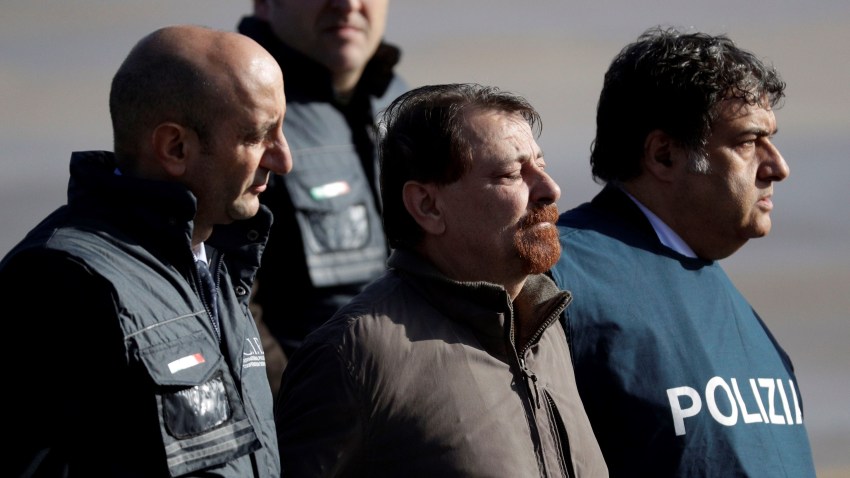In March, the latest chapter was written in a political and legal controversy between Italy and France that dates back to the final decade of the Cold War. France’s highest criminal court, the Cour de Cassation, definitively rejected the Italian government’s request to extradite 10 former Italian militants for their actions in the 1970s and early 1980s, during a period of widespread political unrest and violence in Italy commonly known as the “years of lead.” The verdict caps a four-decade-long saga of political decisions and U-turns, court judgements and social mobilizations. But it fails to resolve the tensions at the heart of those events.
The 1970s in Italy were characterized by strong and durable social movements, including a proliferation of far-left organizations, as well as the presence of militant neofascist groups. The period was marked by the increasing use of violence by far-left organizations, ranging from sabotage and damage to property, to kidnapping, kneecapping and targeted assassinations, all as a means of bringing about political change. But violence was also used by far-right militants, including bombings in public places such as the Piazza Fontana in Milan in 1969, the Piazza della Loggia in Brescia in 1974, the Italicus train in 1974 and the Bologna railway station in 1980. These bombings, which claimed dozens of victims, were allegedly facilitated by state agents.
The Italian state responded to the unrest and political violence with the rapid adoption of emergency legislation and exceptional measures, particularly between 1978 and 1982. These included the creation of special police units, the establishment of maximum-security prisons and the controversial use of witnesses known as pentiti, or “repentants,” referring to militants who, after their arrest, collaborated in investigations and trials in exchange for reduced sentences. The early 1980s were also marked by mass arrests of mainly left-wing political activists and sympathizers, with over 4,000 activists imprisoned on charges and sentences ranging from “armed insurrection against the state” and violence against property or persons to moral complicity in violent crimes, among others. The use of torture against left-wing militants in police custody by special police units has also recently been acknowledged, following the public confessions of two police officers in 2012.

